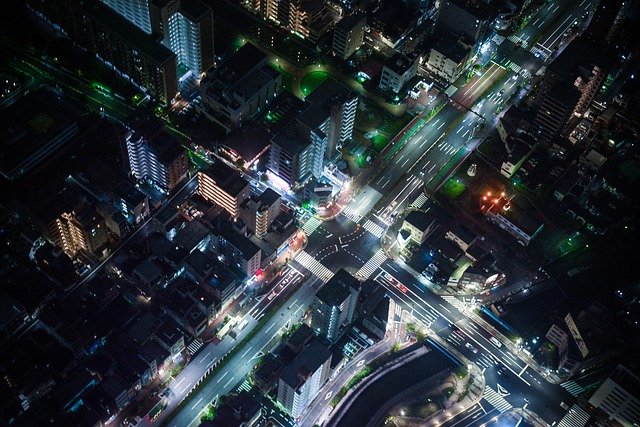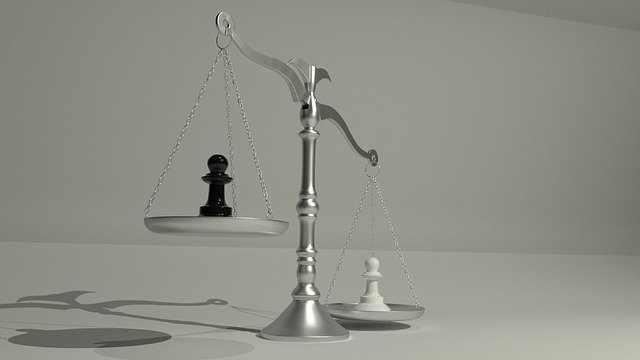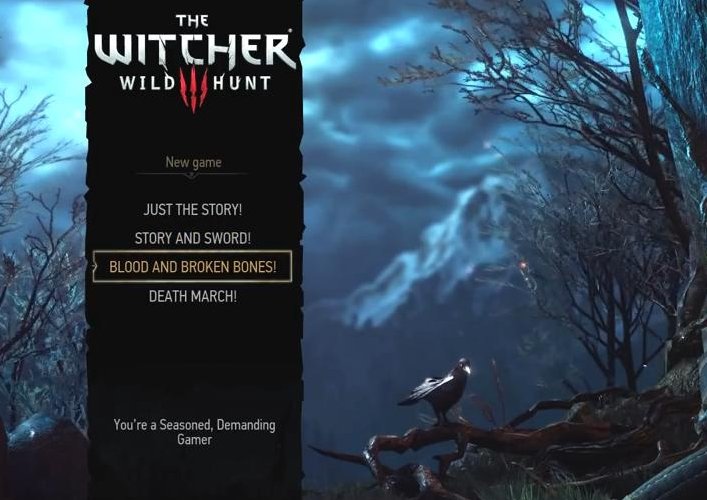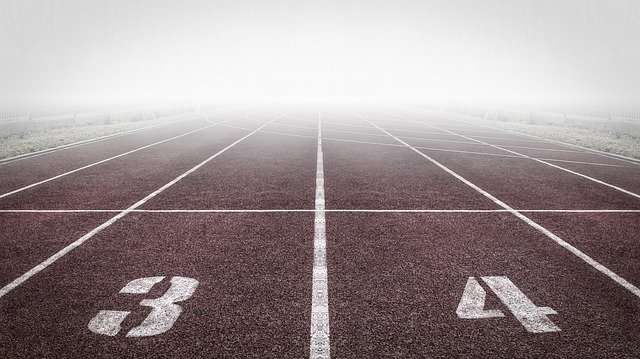Well, this has kinda become "Feminism Sunday" for me, so let's talk about one of the most misunderstood terms in feminism and in current social studies view of the world.

Image by Free-Pictures on Pixabay
intersectionality is the understanding that systems of oppression don't exist in separate silos. It's all, as the meme says, connected. It was coined by Kimberlé Williams Crenshaw back in the 1980s, but it's taken some time to make it out of academia.
Systems of oppression, I imagine you asking? Such as? Well, here are some: Racism, Sexism, Classism, Ableism, Homophobia, Transphobia, Xenophobia.
Being oppressed along any of these axes does not mean your life is terrible, just like being privileged along any of them does not mean your life is perfect. What it means is that there are systems, implicit, explicit or both, in place to support those privileged and hinder the oppressed.

Image by Firente on Pixabay
Let's take me, for example. I am Ashkenazi Jewish in Israel, which is the Israeli equivalent of being white. I am a cisgender man. I am lower middle class. I have ADHD and anxieties and a sleeping disorder and certain chronic pains. I am mostly hetero. My parents made Aliyah from the USSR in the early 70s and I was born here.
What does that mean?
Being the local equivalent of white means I don't have to deal with racism.
Being a man means I don't have to deal with sexism. It also means I am not a target of rape culture and can therefore just choose to not participate in it.

image by Bilder_meines_Lebens on Pixabay
Thinking of myself as hetero for most of my life means I have never been confronted with homophobia.
Being cis means I don't have to deal with transphobia.
My parents making Aliyah in the 70s means I was not part of a large immigration wave, unlike those who came from the former USSR in the 90s, which means I have not had to deal with xenophobia.
My mental health issues mean I have had to deal with ableism.
Does being privileged along most axes mean my life has been perfect? Of course not. Even putting aside my mental health issues, being privileged has not kept me from being poor for much of my life. It has not kept me from difficulties and hardships. But it does mean there are very few systems in place to hinder me. It means, as John Scalzi famously put it, that I pretty much play life on the lowest difficulty setting.

When it comes to struggles against oppression, it is best to let the oppressed take a leadership position. The privileged in any particular fight can a have a vital role in supporting the oppressed and amplifying their voices, but they should not use their privilege to be heard OVER the voices of the oppressed. So if the issue at hand is transphobia, for instance, my role is to amplify the voices of my trans friends, to express my support. If the issue is mental health, I can take a more prominent position.
But what if the issue is intersectional? For instance, if the issue is gender based discrimination of women with disabilities? Is it my place then to say "I have a disability, let my voice be heard!" Of course not. Because the oppression is intersectional, and thus, the people who are directly affected by it should be at the forefront. This is part of what people are talking about when they say you should stick to your lane.

Image by RemazteredStudio on Pixabay
This, to me, is at the core of one of the biggest misunderstandings of intersectionality. It seems, from endless twitter discussions that some people think not being the lead voice on every discussion means they are the ones being oppressed. You're not, friends. You are just not the ones being discriminated against on this issue, and therefore should take a backseat ON THIS ISSUE. Heck, take any seat. Supporting the oppressed is great. Supplanting them in the fight against their oppression is not. Because IT'S NOT ALWAYS ABOUT YOU.
 !
!I have a lot more to say about this, but I think this is an okay start, and one I'll be able to refer to in future posts.
🙌🏻🙌🏻🙌🏻🙌🏻thank you! For explaining this to those that might not undersrand AND (maybe most importantly) actually talking about feminism and tagging feminism!
being a melinated wombn born in the usa, It warms my heart that to see that there is a large enough group of people who are finally 'getting it' regarding how to successfully deal with the "ism" brothers (a term coined by Luisa Teish). I am inspired by this article...
Thank you so much! I always worry about posts like this one, because of the very point I was making about the fact that my voice should not be prominent in many of these conversations, but I feel like it's good to put the information out there.
true allies are always appreciated...
Well done! And I love that you mentioned just because you’re privileged your life isn’t perfect but also the flip side. If you’ve been oppressed it is not a sentence to a life of misery.
I’m a cis hetero female, who if I’m being totally honest, hasn’t experienced much sexism. I work in male dominated industries and have had the periodic struggle to climb the ladder. But at the end of he day, if i look deep, it was pretty easy for me. I overcame a biased system where the cards were stacked against me, just from doing what comes naturally to me. I was just me.
For that reason i often struggle with where my voice should be heard, how loud, in what community, etc. It’s primarily a support role but with some experience to help women succeed in business. I’m very much still finding my place in how i help rid the world of all the ‘isms
It sounds like you're in a terrific position to help others. You call it a support role, which makes it sound secondary, but it can be a mentor role, which you sound eminently qualified to be.
And I can tell you from experience that giving someone an opportunity or a leg up early in their career can be incredibly rewarding later on, as you watch them prosper.
I like mentorship. That’s pretty much how I view my role at work. I so much mentor rather than manage. But it’s your basic lead vs manage stuff.
SLOW CLAP STANDING OVATION! Thank you for this post. I hope others who need to get the message take the time to read and reflect.
Thank you so much!
This is a FANTASTIC explanation. I especially like this part:
"Being oppressed along any of these axes does not mean your life is terrible, just like being privileged along any of them does not mean your life is perfect. What it means is that there are systems, implicit, explicit or both, in place to support those privileged and hinder the oppressed."
This topic is crucial for all of us to understand so that we can move into equality. Thank you for speaking up and laying it out so clearly.
Thank you so much. I'm as happy with this post as I am about any I've posted here. I'm particularly happy that it hasn't caused a trash fire in my replies!
someone else panic, as well as his do not in the face with panic also ... hehe
Oh goodness. Another phenomenal post. Thank you for offering deeper understanding.
O thanks for bringing up this subject!
Suffer an array of minor anomalies, like a little more quiet, a little more inquisitive, a little more sensitive, not laughing at the all the same stuff, not frightened by all the same things, have a slightly different manner of speech, a slightly different culture, be a little skinnier or more plump, a little more petite or more robust, etc - and somewhere there is a tipping point, fear kicks in and you are quietly and subtly ostracized...
Just one or two anomalies gives character, makes you even more likable for not being perfect, but there is a cutoff point somewhere - has anyone ever researched that?
Maybe "poly-factorial discrimination" could be a fitting term?
Lies the cure, if any, in strengthening the victims, or in educating the offenders? - discrimination is as natural as breathing and cannot even be bred out of existence!
Thanks! Give credit where it's due!